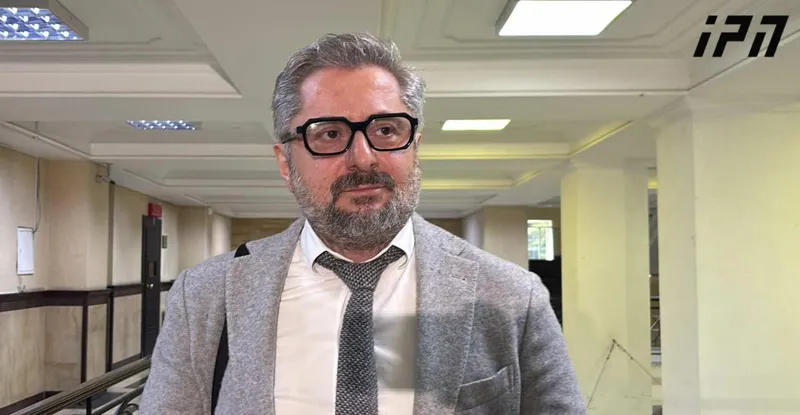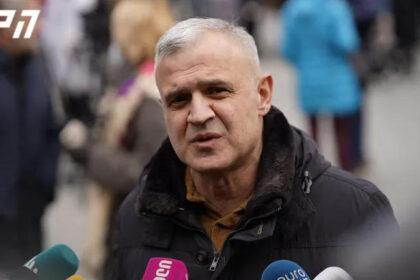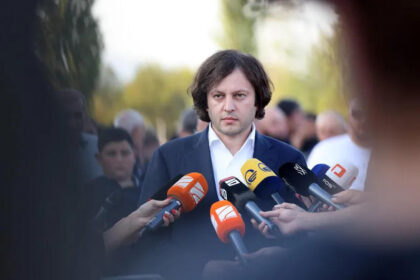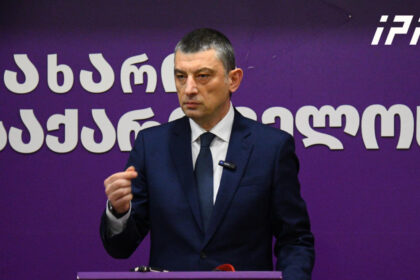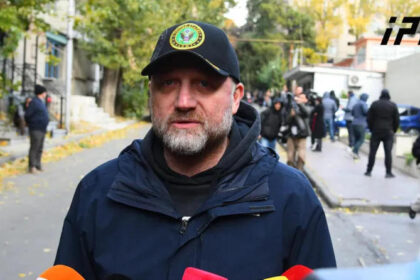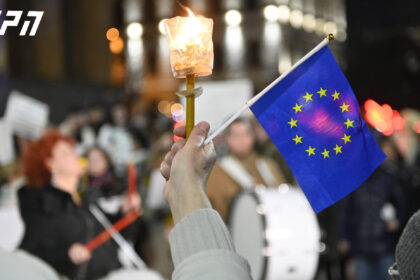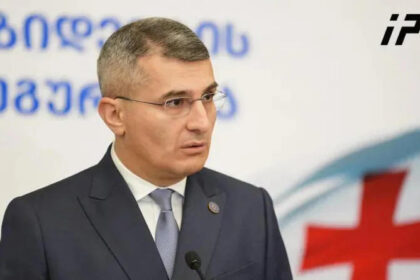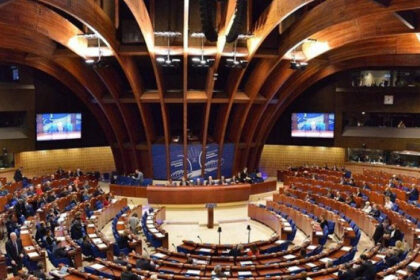**Georgian Opposition Leader Nika Gvaramia Gets 30,000 GEL Bail**
In a recent court decision, Judge Eka Barbakadze has set bail for Nika Gvaramia, one of the leaders of the “Coalition for Change,” at an amount of 30,000 Georgian Lari (GEL). This move comes after the prosecution filed a motion to satisfy the court’s requirements.
The case against Gvaramia stems from an investigation launched by the Temporary Investigative Commission of the Parliament of Georgia. He was accused of failing to comply with a lawful demand from the commission, which led to his being summoned to give testimony before a magistrate judge. As a result, Gvaramia is facing charges under Article 349 of the Criminal Code of Georgia.
This article specifically addresses “noncompliance with the request of the Temporary Investigative Commission of the Parliament of Georgia.” According to the law, this offense can be punished by either a fine or imprisonment for up to one year. Furthermore, Gvaramia may also face disqualification from holding office or engaging in professional activities for as long as three years.
**What This Means**
While 30,000 GEL is considered a significant bail amount, it does not necessarily imply that Nika Gvaramia’s case is particularly severe. The decision by Judge Barbakadze suggests that the court wants to ensure Gvaramia attends any further proceedings and cooperates with investigators.
However, some have raised concerns about the broader implications of this investigation on Georgia’s democratic processes. As a leader in an opposition coalition, Nika Gvaramia’s actions are being scrutinized closely. The charges against him highlight tensions between government agencies and opposition groups, which could impact the country’s political landscape.
**Context and Commentary**
Gvaramia’s case has sparked debate about freedom of speech, assembly, and protest in Georgia. His coalition, “Coalition for Change,” is known for advocating for greater transparency and accountability within the government. The charges against him may be seen as an attempt to silence opposition voices or limit their ability to influence policy.
In a country with a still-developing democracy, navigating these complex relationships between government agencies, opposition groups, and civil society remains crucial. The case of Nika Gvaramia serves as a reminder that the boundaries of acceptable protest and dissent must be carefully defined.
Read More @ www.interpressnews.ge




